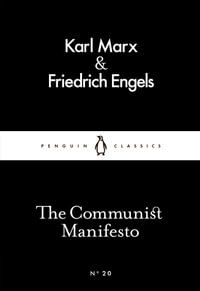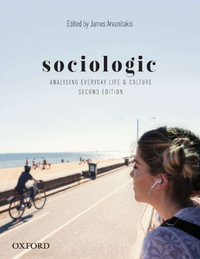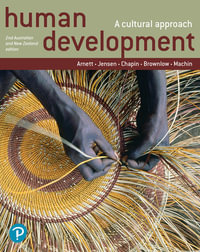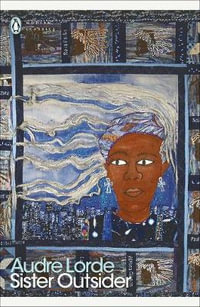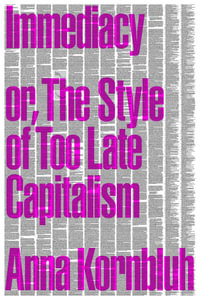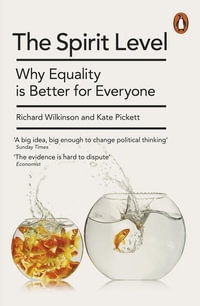
At a Glance
Hardcover
RRP $336.00
$289.75
14%OFF
Available for Backorder. We will order this from our supplier however there isn't a current ETA.
ISBN: 9781138657083
ISBN-10: 1138657085
Series: Routledge Key Thinkers in Criminology
Published: 14th February 2017
Format: Hardcover
Language: English
Number of Pages: 198
Audience: College, Tertiary and University
Publisher: Taylor & Francis Ltd
Country of Publication: GB
Edition Number: 1
Dimensions (cm): 19.8 x 12.9 x 1.6
Weight (kg): 0.53
Shipping
| Standard Shipping | Express Shipping | |
|---|---|---|
| Metro postcodes: | $9.99 | $14.95 |
| Regional postcodes: | $9.99 | $14.95 |
| Rural postcodes: | $9.99 | $14.95 |
Orders over $79.00 qualify for free shipping.
How to return your order
At Booktopia, we offer hassle-free returns in accordance with our returns policy. If you wish to return an item, please get in touch with Booktopia Customer Care.
Additional postage charges may be applicable.
Defective items
If there is a problem with any of the items received for your order then the Booktopia Customer Care team is ready to assist you.
For more info please visit our Help Centre.
You Can Find This Book In
This product is categorised by
- Non-FictionLawLaws of Specific JurisdictionsSocial Law
- Non-FictionSociology & AnthropologySociologySocial Theory
- Non-FictionLawJurisprudence & General IssuesThe Legal Aspects of Criminology
- Non-FictionLawLaws of Specific JurisdictionsCriminal Law & ProcedureCriminal ProcedureSentencing & Punishment
- Non-FictionSociety & CultureSocial Issues & Processes
- Non-FictionSocial Services & WelfareCrime & CriminologyCauses & Prevention of Crime
- Non-FictionSocial Services & WelfareCrime & CriminologyPenology & PunishmentPrisons




